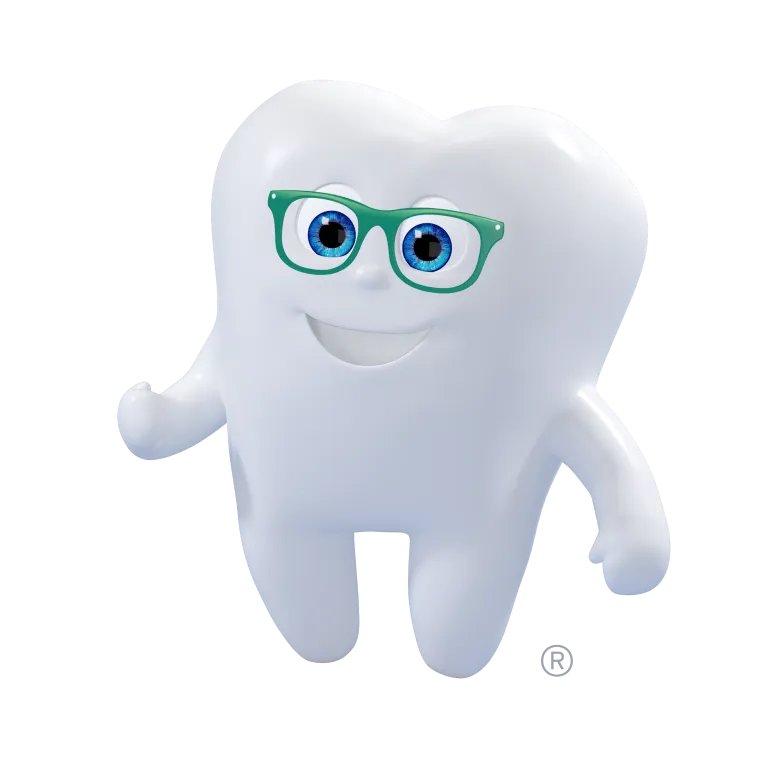Protect those pearly whites: Tips for managing medication-related dental issues
CONTENTS IN THIS ARTICLE:
The tie between medications and your oral health
It starts slowly. You find your mouth not feeling quite right. Perhaps you’re thirstier than usual. Or your gums just start to feel tender. Maybe it’s something you ate, you think. Or you just chalk it up to getting older.
But it can be more than that …
As we age, many of us take medication to stay healthy. In fact, the American Dental Association says that the average older adult takes four or five prescription drugs. Additionally, they may also be taking two or three over-the-counter (OTC) medications.
Given those figures, it makes sense to consider how medications could possibly impact oral or dental health. And not surprisingly, there are a number of common medications that can do so.
Let’s take a look at some of the medications that can affect dental and oral health in older adults. Then, we can explore some options to help.
Dry mouth
What is dry mouth … and why you should care about it
Dry mouth is caused by a reduced amount of saliva. Saliva has many important functions. These jobs include moistening your mouth and throat for swallowing, cleaning and healing, protecting your mouth and throat from germs, and helping you digest food. To many, dry mouth may seem like a minor inconvenience, but it can lead to more serious issues down the road.
Symptoms include a sticky, dry or burning feeling in the mouth; trouble chewing, swallowing, tasting or speaking; dry or sore throat; cracked, peeling lips; a dry, tough tongue, and more.
Dry mouth can increase the chance of dental decay, weakened teeth enamel, oral infections … and more. So that’s why it’s important to keep an eye out for it.
Medications that cause dry mouth
Feeling parched? Dry mouth (xerostomia) can be an unpleasant side effect of medication use that many people experience.
The reason behind this is the vast number of medications that can cause dry mouth, with over 1,100 on the list. So, if you’re taking any medication and notice dry mouth as a side effect, you’re not alone.
Here’s a very small sample list of some of the classes and medications that can contribute to dry mouth:
- Acid reflux medications (Prilosec, Nexium, Prevacid)
- Antianxiety (Xanax, Valium)
- Antidepressants (Elavil, Prozac, Zoloft)
- Antihistamines (Allegra, Benadryl, Claritin, Zyrtec)
- Blood pressure and heart medications (ACE inhibitors; beta-blockers; calcium channel blockers; and antiarrhythmic drugs)
- Decongestants (Afrin, Sudafed, Vicks Sinus)
- Antipsychotics (Risperdal)
Additionally, there are several classes of drugs used to lower blood pressure that can lead to dry mouth in patients. These include …
- ACE inhibitors like lisinopril (Prinivil) and benazepril (Lotensin)
- Beta-blockers like atenolol (Tenormin) and metoprolol (Lopressor)
- Calcium channel blockers like amlodipine (Norvasc) and diltiazem (Cardizem)
- Antiarrhythmic drugs like disopyramide (Norpace)
Given the number of medications that could lead to dry mouth, be sure to talk to your doctor or pharmacist if you have questions about possible side effects of any of your medications. This also includes any OTC medications you’re taking.
If you’re experiencing dry mouth, be sure to drink plenty of water throughout the day. You can also chew sugar-free gum or suck on ice chips (or sugarless gum). There are also saliva substitutes and over-the-counter moisturizing mouth sprays. Lastly, avoid alcohol and caffeine.
Gum problems
Gingival hyperplasia explained
Did you know that some medications can cause your gum tissue to overgrow? Known as gingival hyperplasia, this condition can make it hard to clean your teeth properly. This, in turn, can lead to gum disease and tooth decay.
Symptoms include swollen gums that bleed easily, bright red tissue in the overgrowth area, plaque accumulation and bad breath.
Drugs that can lead to gingival hyperplasia
There are a host of medications that can lead to gingival hyperplasia. (But not as many as dry mouth!) Generally, they span across three main classes: anti-seizure medications, immunosuppressant medications and calcium channel blockers (often prescribed to treat high blood pressure).
Anticonvulsants
- Amlodipine
- Ethosuximide
- Ethotoin
- Lamotrigine
- Mephenytoin
- Phenobarbital
- Phenytoin
- Pyrimidinone
- Topiramate
Immunosuppressants
- Cyclosporine
- Nitrendipine
- Sirolimus
- Tacrolimus
Calcium channel blockers
- Diltiazem
- Felodipine
- Nifedipine
- Verapamil
While curable, if left untreated, gingival hyperplasia can require surgery. So, at the first sign of inflammation (e.g., redness or swelling), talk to your dentist and your doctor.
7 steps to good oral habits
No matter how many medications you’re on, practicing good oral hygiene is your first (big) step. As the saying goes … a stitch in time saves nine. The Mayo Clinic recommends you follow these steps to establish a habit of good oral hygiene.
Brush your teeth at least twice a day for two minutes each time. Use a soft bristled brush and fluoride toothpaste.
Floss daily.
Use mouthwash to remove food particles left after brushing and flossing.
Eat a healthy diet and limit sugary food and drinks.
Replace your toothbrush every three to four months, or sooner if bristles are splayed or worn.
Schedule regular dental checkups and cleanings.
Avoid tobacco use.
By following these simple steps, you can help prevent tooth decay, gum disease, and other dental problems, and keep your smile shining bright!
If you have questions, talk to a medical professional
Dental issues can quickly become more severe in older adults, and medication-related issues can be difficult to manage without professional help.
That’s why it’s important to talk to your primary care doctor and dentist about any medication-related dental issues you’re experiencing. They can help you find the best ways to manage your symptoms and keep your smile healthy.
In the market for dental insurance?
If you or a loved one are shopping for dental insurance, look for coverage that:
- Has no annual maximum on the cash benefits you can receive
- Has no deductible
- Gives you the freedom to see any dentist — and enjoy savings from network providers
- Provides immediate benefits for preventive and basic care
- Pays benefits for a wide range of dental procedures … from cleanings and fillings, to crowns, root canals, and dentures
- Has guaranteed acceptance regardless of your dental health
You may also like …
Fetching content...












